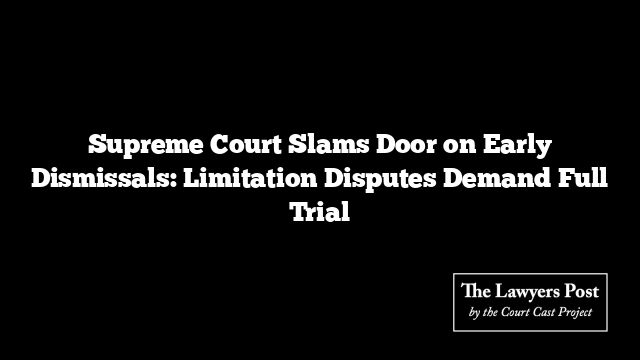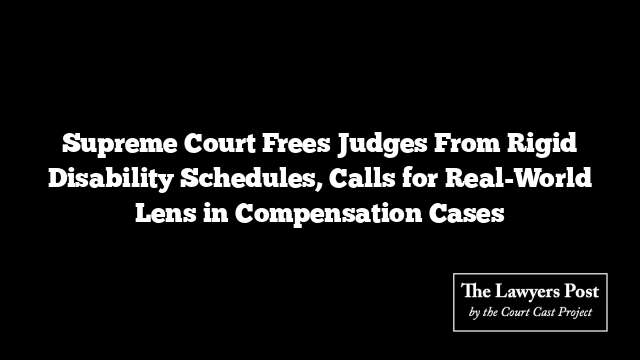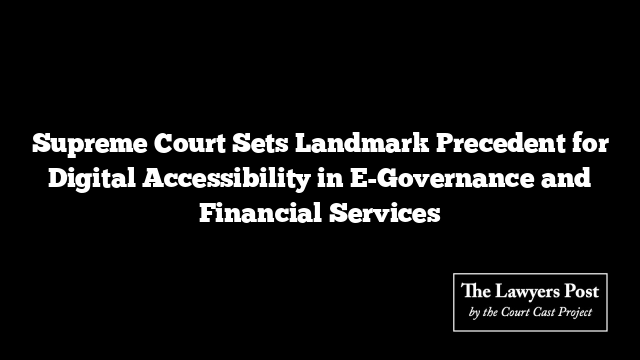In a strong reaffirmation of fair trial principles, the Supreme Court has ruled that a lawsuit can’t be thrown out at the first hurdle just because of an alleged delay, when the facts around that delay are still tangled in dispute.
At the center of this ruling was a messy legal fight over a sale deed from 1988. The defendant insisted the clock started ticking the moment the deed was signed, but the plaintiff argued he only uncovered the alleged fraud decades later, in 2011, after stumbling across shady follow-up transactions. Acting on this revelation, he filed suit in 2014 — just within the three-year limit prescribed for challenging such deals under Article 59 of the Limitation Act.
The trial court agreed with the plaintiff, refusing to kill the case early under Order VII Rule 11 of the Civil Procedure Code (CPC). But the Madras High Court didn’t see it that way, reversing the decision and tossing the suit without a full trial. It relied purely on a surface reading, assuming the case was time-barred without testing the facts.
The Supreme Court wasn’t having it.
Justices JB Pardiwala and R Mahadevan stepped in and made it crystal clear: when the question of limitation is a “mixed bag” of law and fact — like it was here — courts must allow the parties to bring their evidence to the table. You can’t short-circuit justice by making assumptions at the outset.
The Court emphasized that for the purpose of an Order VII Rule 11 evaluation, the allegations in the plaint must be taken at face value. Since the plaintiff clearly stated that 2011 was when he discovered the fraud, that claim deserved to be tested at trial — not dismissed based on assumptions.
Backing up its stance, the Court cited Daliben Valjibhai & Others v. Prajapati Kodarbhai Kachrabhai & Another, where a similar logic was upheld: if the date of knowledge is in question, it’s a triable issue, not a ground for rejection at the threshold.
Delivering a sharp rebuke to the High Court’s approach, the Supreme Court said that rejecting the plaint purely on a “prima facie assumption” without examining whether the plaintiff’s story was inherently unbelievable or demonstrably false was a fundamental legal error.
In the end, the top court restored the trial court’s order, breathing life back into the plaintiff’s lawsuit and underscoring a vital point: where facts are in dispute, courts must not slam the door shut too early.





